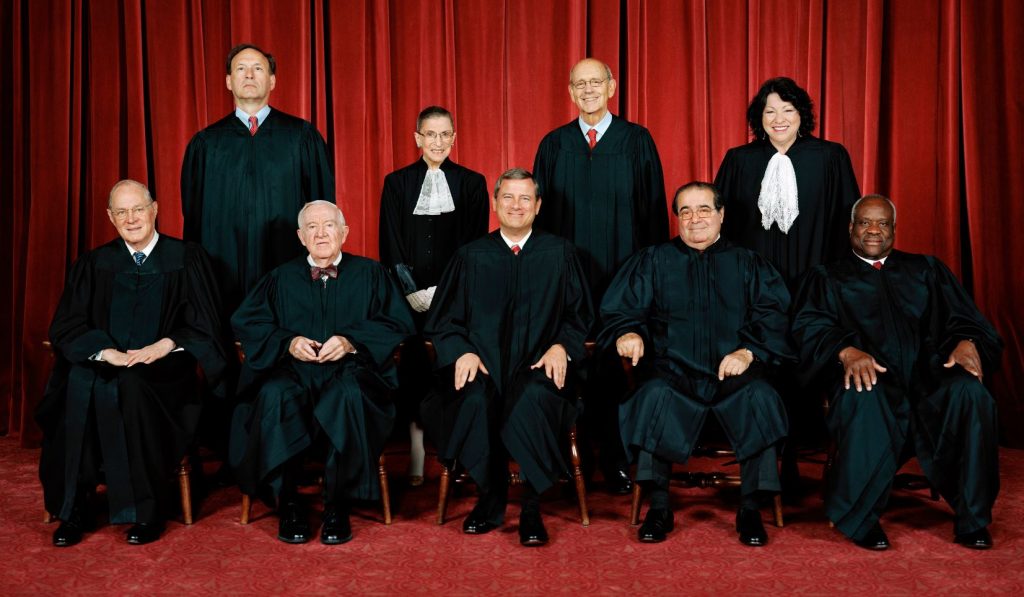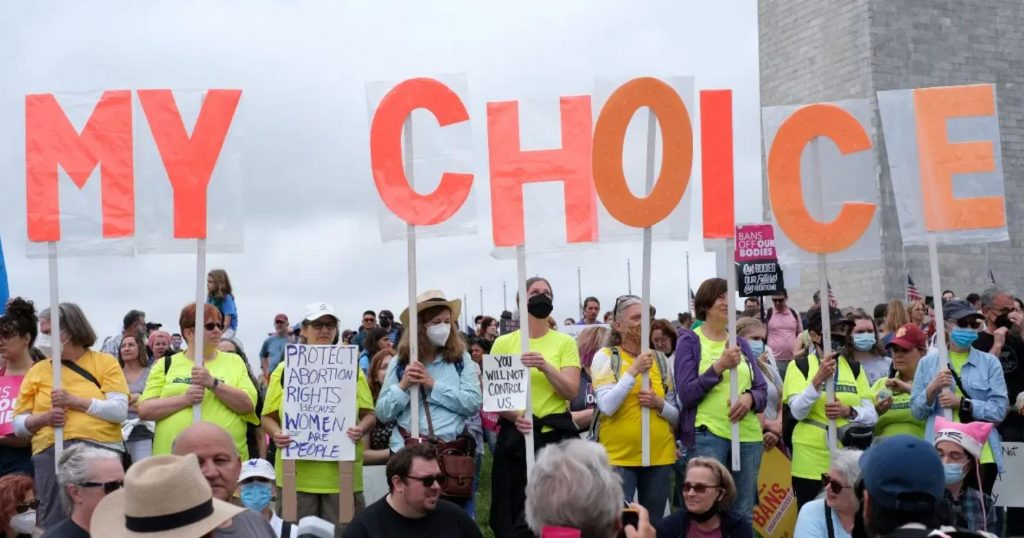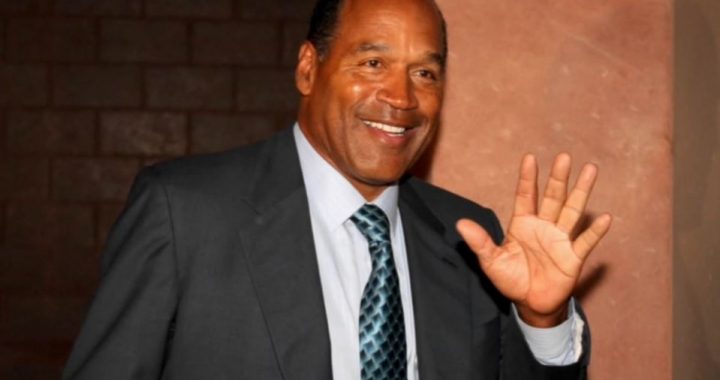
Supreme Court 2024
Abortion pill case at Supreme Court hinges on ‘conscience objections’
The Supreme Court Could Ban The Pill Nationwide
WASHINGTON — A Supreme Court rejection of a challenge to abortion pill mifepristone could hinge on how the justices assess “conscience objections” raised by doctors who do not wish to treat patients suffering from complications after taking the drug.
The court signaled during Tuesday’s argument that it could conclude that the plaintiffs — seven named doctors and associated anti-abortion groups — do not have legal standing to bring the lawsuit in part because their conscience objection arguments are lacking.
Several justices asked about the nature of the injury suffered by the doctors by the Food and Drug Administration’s decisions to lift restrictions on mifepristone, including one that allowed it to be accessed by mail.
Under well-established precedent, when people file a lawsuit they have to show that they have been injured and that their injury can be redressed by the person or entity they are suing.
But as justices pointed out, under federal law doctors can already raise a conscience objection in a situation in which they are asked to treat a patient in an abortion-related context.
“So I just want to be clear, the federal government’s position is that though a doctor would have conscience objections … it is your position that such doctors would have recourse to the conscience protections of federal law?” conservative Justice Amy Coney Barrett asked Solicitor General Elizabeth Prelogar, who represents the FDA.
“Yes, absolutely,” Prelogar responded. The conscience protections “shield a doctor who doesn’t want to provide care in violation of those protections,” she added.
Fellow conservative Justice Brett Kavanaugh and liberal Justice Elena Kagan asked similar questions.

If the court were to conclude that the doctors can already bring conscience objections, there would be no need to rule on the bigger question of whether the FDA acted lawfully in lifting the restrictions.
“The questioning showed significant consensus that plaintiffs’ primary harm was the speculation that they might be forced to complete an abortion against their conscience,” said Greer Donley, an expert on abortion law at the University of Pittsburgh’s Center for Bioethics and Health Law.
“The appropriate remedy is not to modify the whole regulatory scheme, but to provide the plaintiffs with conscience protection, which of course already exist,” she added.
Only two of the seven doctors, Ingrid Skop and Christina Francis, specifically raised conscience concerns, Prelogar argued in court.
Francis is an obstetrician and gynecologist specialist who practices in Fort Wayne, Indiana.
She said in an affidavit filed in the case that she and members of a group she belongs to, the American Association of Pro-Life Obstetricians and Gynecologists, oppose having to intervene when a patient needs medical attention following an incomplete abortion.
“The objections are both ethical and medical as they stem from the purpose of medicine itself, which is to heal and not to electively kill human beings,” she said.
Skop, a doctor based in San Antonio, said in her affidavit that the FDA’s decisions “harm my conscience rights because it could force me to have to surgically finish an incomplete elective chemical abortion.”
Erin Hawley, the lawyer representing the plaintiffs, conceded during an exchange with Kagan that Skop and Francis were the plaintiffs best able to establish standing.
Hawley said Francis was on one occasion required to assist in a life-threatening situation in which a woman suffered complications after taking mifepristone.
But under questioning from Kagan, Hawley noted that Francis did not raise a conscience objection at that time.
“Usually … the way people with conscience objections do this is they make those objections known,” Kagan said.
Responding to a similar question from Justice Ketanji Brown Jackson, one of the other liberal justices, Hawley said that sometimes doctors are not in a position to mount an objection.
“These are emergency situations,” she said. The doctors “don’t necessarily know until they scrub into that operating room whether this may or may not be abortion drug harm,” she added.
Barrett also zeroed in on the Francis and Skop affidavits, drawing a distinction between doctors performing abortions and treating a patient suffering the side effects of taking mifepristone.
She said both doctors appeared to object specifically to performing abortions, but upon a close read of the affidavits there was no sign of either of them “actually participating in the abortion to end the life of an embryo or fetus.”





